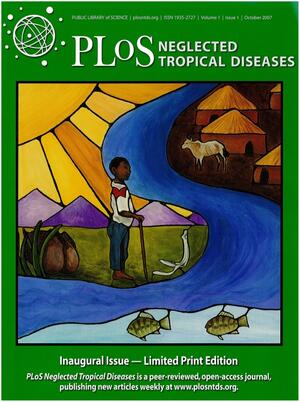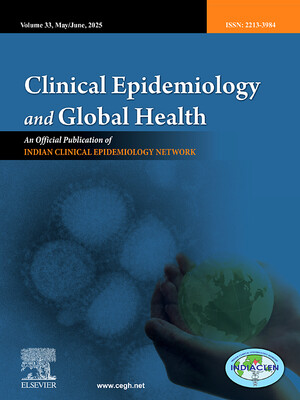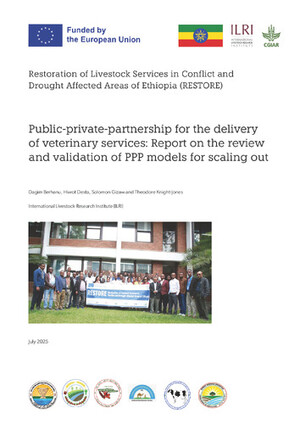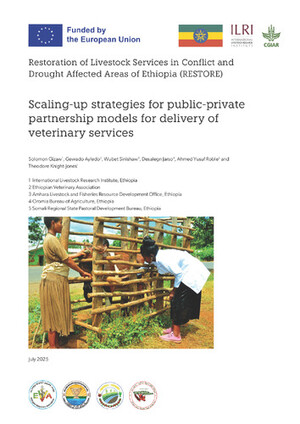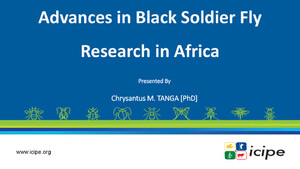
Review of zoonoses research in the Horn of Africa highlights need for One Health approach and stronger regional collaboration
Livestock keeping is an important source of livelihood in many communities around the world. However, zoonoses—diseases transmissible from animals to people—pose a major threat not only to animal health but also to the health of livestock keepers and their households.
According to the World Health Organization, there are over 200 known types of zoonoses. The health and economic cost of these diseases falls largely on poorer countries which bear 98% of the global burden of zoonoses.
Where zoonoses are endemic, they tend to be under-studied, under-reported and often neglected by funding agencies compared to emerging zoonoses like avian influenza, severe acute respiratory syndrome and, more recently, coronavirus disease (COVID-19). The so-called ‘neglected zoonoses’ include brucellosis, cysticercosis, leishmaniasis and rabies and mainly affect poor communities.
In the Horn of Africa, where pastoralism is an important livelihood activity, people live in close proximity to their livestock and their frequent interaction with animals increases their risk of infection with zoonoses.
To characterize and evaluate the nature of zoonoses research in the Horn of Africa, a team of scientists from Addis Ababa University, the International Livestock Research Institute, the University of Liverpool and the University of Nairobi carried out a scoping review that addressed the following questions:
- What specific zoonotic diseases have been prioritized for research?
- What data have been reported (human, animal or environment)?
- What methods have been applied?
- Who has been doing the research?
The review is published in PLOS Neglected Tropical Diseases (July 2021). A total of 2055 studies published between 1938 and 2018 focusing on seven countries and over 60 zoonoses were included in the review. Brucellosis received the most research attention while anthrax, Q fever and leptospirosis were comparatively under-studied.
Very few studies used the multidisciplinary, multi-sector One Health approach that recognizes the interconnectedness of the health of people, animals and the environment. Instead, most studies gave separate focus to animals or humans and a single method or discipline.
Descriptive and observational epidemiological research studies were dominant. However, in many cases, the research was not aligned with the priority zoonoses identified at national level.
A high proportion of authors had affiliations from outside the Horn of Africa and there were few international collaborations between countries in the Global South.
Based on the findings of the scoping review, the authors recommend adoption of the transdisciplinary One Health approach, better alignment of zoonoses research with national priorities, and stronger regional and international partnerships that empower local scientists to carry out zoonoses research in the Horn of Africa.
Citation
Cavalerie, L., Wardeh, M., Lebrasseur, O., Nanyingi, M., McIntyre, K.M., Kaba, M., Asrat, D., Christley, R., Pinchbeck, G., Baylis, M. and Mor, S.M. 2021. One hundred years of zoonoses research in the Horn of Africa: A scoping review. PLOS Neglected Tropical Diseases 15(7): e0009607.
Photo credit: A Borana woman with her small ruminants, Yabello, Ethiopia (ILRI/Camille Hanotte)













